My heart is heavy, knowing that my daughter will never know my dad the way I remember him.
My dad was always the life of the party. With sparkling blue eyes, a cheeky smile and a schoolboy’s charm, everyone said my dad could sell ice to the Eskimos.
Guests from my 2012 wedding in Las Vegas still ask after him, laughing when they recall him entertaining everyone on the stripper pole in the limousine at our shared Bucks & Hens.
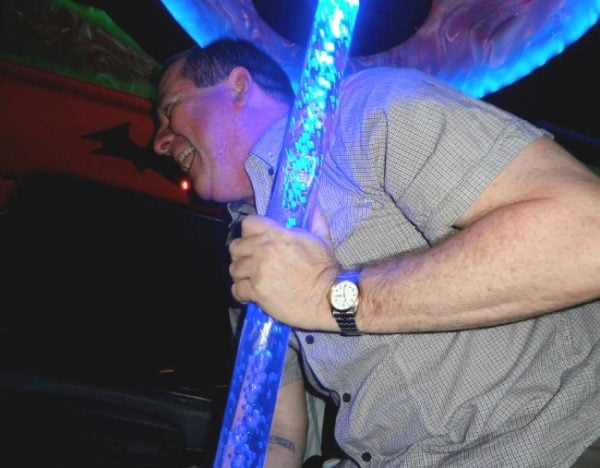
Certainly not all memories of my dad are fond – we butted heads constantly.



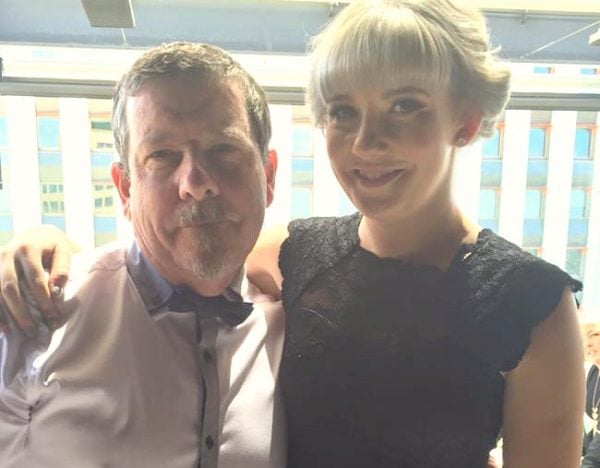
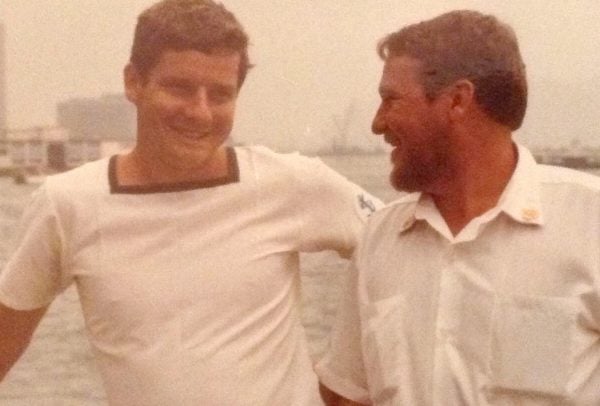
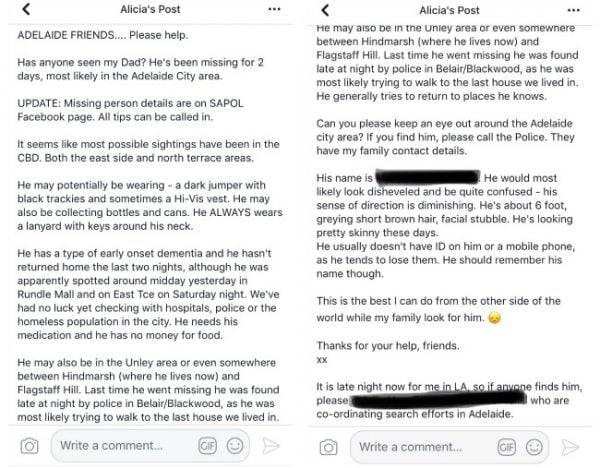
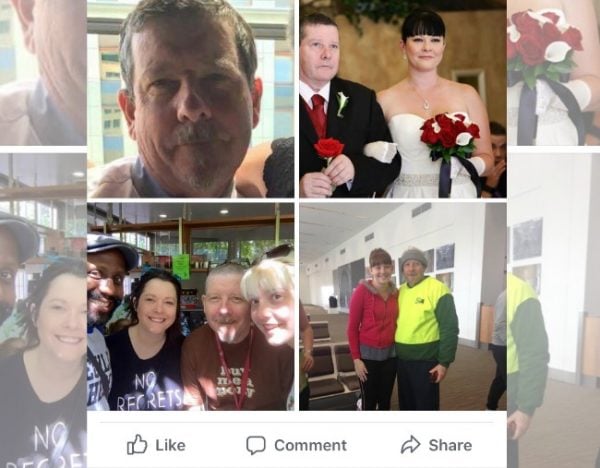
Top Comments
I'll never forget the day I realised my highly intelligent, well educated, cultured father had left his body. He looked the same but he had no idea who his wife of 66 years was and never could recognise any of his three children. He stopped speaking and didn't want to eat. Then he tried to climb over the bedrails in the nursing home, fell and broke his pelvis. My father who won four sporting blues at university never walked again. At least it prevented him from constantly trying to escape.
While I have nursed men with Korsakof syndrome and know how devastating it can be, any form of dementia is just terrible for the sufferer and their family. Just remember when you look at someone in a nursing home and say: 'If I ever get like that, shoot me!', that every one of those people said the same thing.
So much government money is wasted that should be put into alcohol rehabilitation. There should be facilities in every large town and city in every country that doesn’t ban alcohol. That goes for drugs too.
What would that achieve? There's no such thing as a "functional alcoholic". Drinking hazardous amounts of alcohol is still massively dangerous to one's health, even in a "facility" that sanctions it.
Substance abuse rehab facilities don’t sanction the abuse. They recognise it as a health issue and throw everything they have at it.
I said every country that doesn’t ban alcohol (usually for religious reasons, eg Islam.)
Substance abuse rehab facilities don’t sanction the abuse. They recognise it as a health issue and throw everything they have at it.
Ooooh, apologies - I misread your comment. I thought you were advocating for large facilities that doesn't ban alcohol, as in, opt for "controlled" drinking rather than trying to rehabilitate or maintain sobriety. This approach is sometimes argued to be a "better" option, in the context that alcoholism is a chronic, incurable illness characterised by periods of sobriety followed by "falling off the wagon" - some argue that it's easier to just let them drink, because they're going to do it anyway. Sorry I thought you were suggesting that!